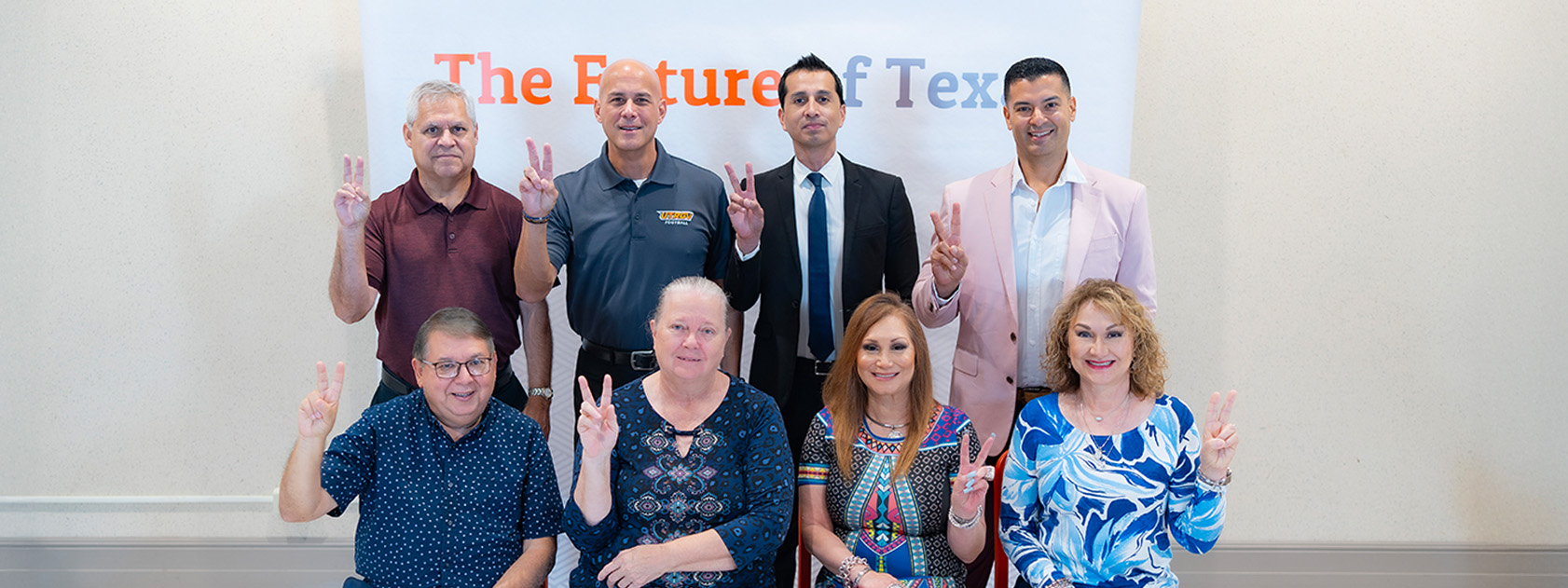
Organization and School Leadership Faculty Publications
Document Type
Article
Publication Date
10-2022
Abstract
This study investigated schools who received Reading First (RF) monies to determine if student reading achievement in kindergarten through second grade was a function of the funding earmarked for implementation of the RF practices. The researchers also examined a seven-year reading progress trend to observe changes in Texas Primary Reading Inventory (TPRI) composite means of 37 participating campuses by grade level and by assessment measure from 2006 to 2012. Multiple linear regression and one-way repeated measures outputs were used for evaluating the evidence. A longitudinal progress trend was used over a seven-year period. Both a linear regression and a repeated measure analyses of variance produced significant results that supported the claim that the size of a reading budget had an impact on students’ reading achievement. The linear regression judged the size of budget statistically significant at the .01 alpha level. The repeated measure analyses found differences and significant results among the means of the five TPRI measurements tested in kindergarten through second grade. The five critical elements of reading measured by TPRI included: phonemic awareness, graphophonemics, listening comprehension, accuracy, and reading comprehension. The analyses showed that student achievement was at its highest during the implementation of the RF program years. The analyses also showed a steady decline in reading composite scores after the loss of the funding. The results of the long trend performance examination might infer that the practices that teachers used in kindergarten through second-grade during the RF years were more effective than those used before or thereafter.
Recommended Citation
Salaiz, M., Simonsson, M., & Menchaca-Ochoa, V. (2022). Lessons Learned: Effective Reading Practices for the Struggling Reader. Journal of Liberal Arts and Humanities, 10(3), 1-16. https://doi.org/10.48150/jlah.v3no10.2022.a1
Publication Title
Journal of Liberal Arts and Humanities
DOI
10.48150/jlah.v3no10.2022.a1


Comments
Preserved in ScholarWorks.